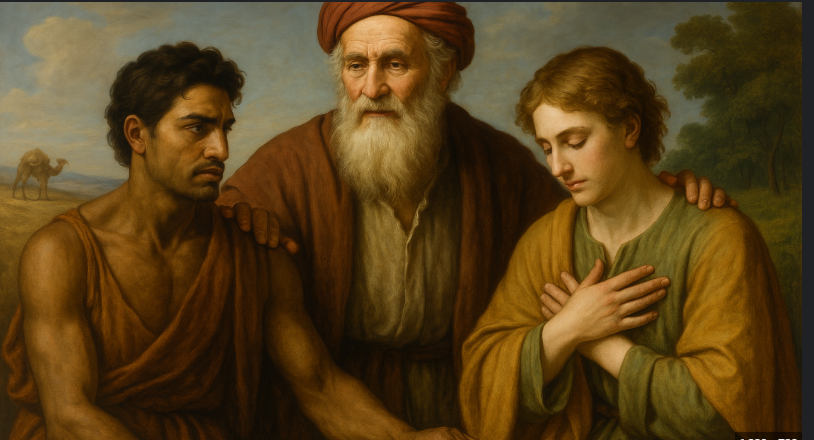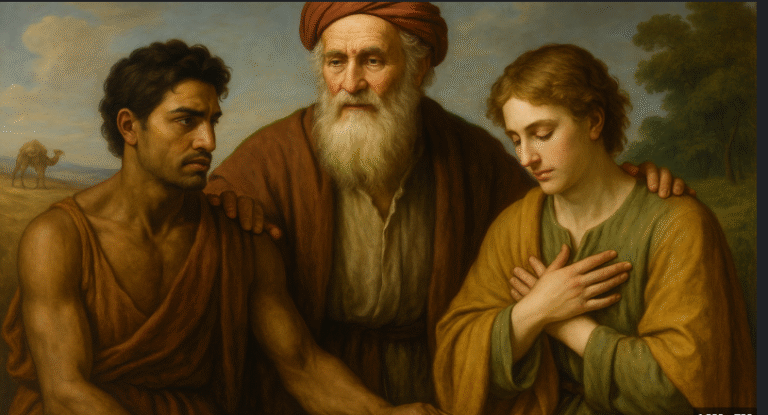The Key Differences Between Spirituality and Religion
Spirituality and religion differ in several ways, each providing unique approaches to exploring life’s larger questions. Here’s a breakdown of some major differences:
- Structure
- Religion: Religion is typically organized and structured, often centered around formal institutions, doctrines, and rules. This structure offers a framework for worship, teachings, and community practices. Religious paths like Christianity, Islam, Hinduism, and others each have their own texts, rituals, and worship spaces.
- Spirituality: Spirituality, on the other hand, is more personal and flexible. It doesn’t require adherence to specific doctrines or guidelines and allows individuals to explore their beliefs in their own way. Spirituality encourages self-reflection and individual growth rather than following an established system.
- Focus
- Religion: Religion often focuses on faith and belief in specific teachings or divine messages. Religious practices help individuals connect with their faith and provide a path to understanding their relationship with the divine.
- Spirituality: Spirituality focuses on inner growth and achieving inner peace. While spirituality can involve faith, it emphasizes personal experiences, growth, and self-awareness rather than following fixed teachings.
- Experience
- Religion: Religious practices may or may not involve direct, personal experiences of the divine or transcendent. Often, religious practices are collective and may involve worship or rituals as part of a community.
- Spirituality: Spirituality often places a high value on direct experience, encouraging practices like meditation, mindfulness, and self-reflection to help individuals connect with a higher state of consciousness or awareness. It’s about feeling and experiencing on a personal level.
- Practices
- Religion: Religion typically includes specific rituals, ceremonies, and worship practices that are often passed down through generations. Rituals can be as simple as a prayer or as complex as a ceremonial rite, each meant to deepen the connection to a higher power.
- Spirituality: Spirituality doesn’t require adherence to certain rituals or practices. Instead, individuals are free to choose practices that resonate with them, such as meditation, yoga, or spending time in nature. The aim is to find peace and insight through whatever methods feel most meaningful.
- Deities
- Religion: Many religions involve the worship of specific deities or a divine being. For example, Christianity centers on the worship of God and Jesus Christ, while Hinduism involves worshipping multiple deities. Religion often includes belief in divine intervention or a higher power overseeing humanity.
- Spirituality: Spirituality isn’t typically tied to a specific deity or divine figure. It’s more about connecting with a higher consciousness or the universe itself. Many spiritual people believe in a universal energy or force rather than specific deities.
- Beliefs
- Religion: Religion is a set of organized beliefs that followers adopt to guide their understanding of life, morality, and humanity’s place in the universe. Religious beliefs are often rooted in sacred texts and shared teachings.
- Spirituality: Spirituality encourages individuals to develop their own beliefs about life’s meaning. It often involves exploring ideas independently rather than following an organized set of doctrines, which makes spirituality a more personal and fluid experience.
- Values
- Religion: Religion may include concepts of divine judgment, sin, and eternal punishment, which can introduce elements of fear and moral accountability. These aspects help shape the moral and ethical behaviors of followers, often with consequences tied to their actions.
- Spirituality: Spirituality, however, tends to emphasize love, compassion, and inner peace as core values. The goal is to cultivate a sense of kindness and understanding without an element of fear or punishment.
What Are Spiritual and Religious Beliefs?
Religious beliefs are typically based on the teachings of a particular faith or doctrine. They may encompass views on the origin of life, the nature of humanity, morality, and what happens after death. Religious beliefs are usually shared among a group of followers and are often passed down through texts like the Bible, Quran, Bhagavad Gita, or Torah.
Spiritual beliefs are generally more individualized and open-ended. They allow for the exploration of life’s purpose, inner peace, and personal connection with the universe. Spirituality often explores universal themes like love, kindness, and interconnectedness. Many people who are spiritual believe in concepts like karma, the power of the mind, or a universal consciousness, but they don’t necessarily follow any specific religious text or guidelines.
The Association Between Spirituality and Religion
While spirituality and religion are distinct, they are not mutually exclusive. Many religious people are also spiritual, finding a sense of personal connection and inner peace within their religious practice. Religion can provide a framework for spiritual exploration, giving people a community and practices that help deepen their inner connection. For instance, a Christian might find personal spiritual growth through prayer and Bible study, just as a Hindu might deepen their spiritual understanding through meditation and devotion to deities.
On the other hand, some people identify as spiritual but not religious, seeking personal growth and connection without the formal structure of religion. These individuals may be drawn to the freedom and openness that spirituality offers, allowing them to follow their own beliefs without belonging to a specific religious group.
In this way, spirituality and religion can complement each other, with religion providing structure and community, and spirituality adding a personal, introspective dimension to the pursuit of meaning.
Why Spirituality and Religion Matter
Whether you’re drawn to spirituality, religion, or a combination of both, these practices serve important roles in our lives:
- Path to Self-Awareness: Both spirituality and religion can help individuals become more self-aware, giving them tools to reflect on life, relationships, and purpose.
- Support During Challenges: In times of difficulty or loss, both religion and spirituality offer ways to cope, providing a sense of hope, comfort, and resilience.
- Moral and Ethical Guidance: Religion often offers moral guidelines, while spirituality encourages individuals to act in ways that promote peace, kindness, and compassion.
- Community and Connection: Religion, in particular, offers community support, bringing together like-minded individuals who share beliefs and values. Spirituality also fosters a sense of connection, though often on a broader, more universal scale.
- A Deeper Understanding of Life: Through spirituality and religion, people explore fundamental questions of existence, helping them develop a deeper understanding of life’s mysteries.














